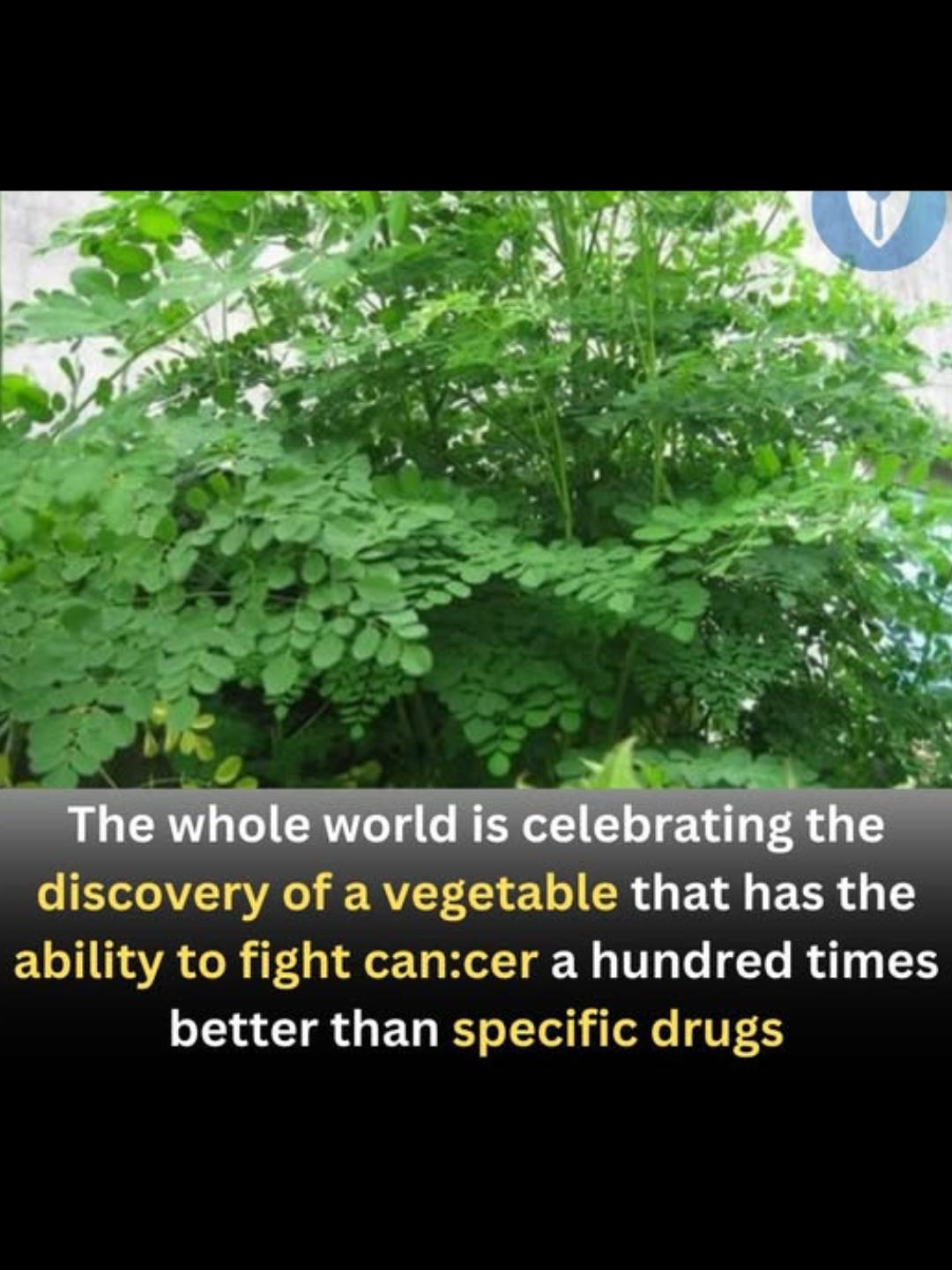In a world where we’re constantly searching for foods that can truly make a difference in our health, one leafy green is quietly stealing the spotlight: watercress .
This peppery, nutrient-dense vegetable isn’t just another salad topping — it’s a powerhouse of anti-cancer compounds , antioxidants, and essential vitamins that support everything from immunity to metabolic health.
Recent research published in The British Journal of Nutrition has reignited global interest in this ancient green — showing that eating just 100g of watercress daily can significantly reduce DNA damage linked to cancer risk.
Let’s explore why watercress deserves more than just a supporting role in your meals — and how this tiny green could pack a big punch for disease prevention.
What Is Watercress?
Watercress (Nasturtium officinale ) is a semi-aquatic plant known for its sharp, mustard-like flavor and impressive nutritional profile.
Commonly found in streams and cool, flowing water, watercress has been used for centuries in traditional medicine across Europe and Asia.
Rich in vitamin C , vitamin A , and vitamin K
Packed with B vitamins (B1, B2)
Loaded with iron, calcium, magnesium, zinc, and potassium
High in fiber and phytochemicals
Unlike most greens, watercress stays fresh year-round and thrives in both raw and cooked forms — making it incredibly versatile in the kitchen.
Why Scientists Are Calling It a “Cancer-Fighting Green”
One of the most exciting discoveries about watercress lies in its unique ability to release isothiocyanates (ITCs) — natural compounds that have shown strong potential in slowing cancer growth and preventing metastasis .
When you chew watercress, an enzyme called myrosinase converts glucosinolates into active ITCs — compounds that:
Inhibit tumor growth
Prevent angiogenesis (the formation of new blood vessels that feed tumors)
Trigger apoptosis (programmed death of abnormal cells)
Reduce DNA damage caused by environmental toxins
A groundbreaking study conducted in the UK followed participants who added 100g of raw watercress to their daily diet for eight weeks. The results were remarkable:
Reduced DNA damage in white blood cells
Increased blood levels of antioxidants
Improved overall cellular protection
Dr. Nicholas Perricone, a leading voice in functional nutrition, calls watercress a “beauty and brain superfood” — but now, science is proving it may be even more powerful as a natural defense against cancer .
SEE NEXT PAGE
ADVERTISEMENT

